
A young gay man who was regularly complimented for his muscular physique has admitted he worked out 12 times a week to hide his HIV diagnosis after describing for the first time his battle with bulimia and body dysmorphia, which saw him eat up to 60 raw egg whites a day and binge, then purge, sweet treats.
Philip Baldwin, a 38-year-old human rights activist and writer who lives in London, was diagnosed with HIV and hepatitis C in January 2010, and felt “vulnerable and frightened”.
Philip, who was working as a lawyer at the time, attempted to conceal this by “training obsessively”, with the aim of gaining muscle and reducing his body fat to “nothing”.
“I wanted to project an image of being hyper-healthy because my confidence had been dented by the diagnoses, and it was as if the muscles were armour,” he told PA Real Life.
Philip said his bulimia followed the trajectory of coming to terms with his HIV and hepatitis C diagnoses, and he started restricting his diet as he felt his life was “out of control”.
In 2011, when his eating disorder was at its worst, he said he would have up to 60 egg whites a day, which he would “knock back” raw from a glass after scooping out the yolks.

In the evenings, after finishing work, he would buy and binge-eat sweet treats and then vomit the food up – and this cycle would repeat.
It was only after a friend suggested he contact Beat, the UK’s eating disorder charity, that he received help for his eating disorder, and he has not had bulimia since 2012.
Philip said talking about his HIV and hepatitis C diagnoses at the time helped enormously – and now, more than a decade later, he wants to share his story publicly for the first time to help raise more awareness of eating disorders, particularly among men, and to encourage others to speak out if they are struggling.
With a rise in misinformation and photo editing on social media, Philip wants to help people avoid taking “extreme measures” to try to achieve unrealistic and unhealthy goals.
“It is really important to speak about these things as early as possible, if you think you might have a problem, and there are loads of people who you can speak to,” he said.
“When you see things on social media, remember that what people post online could have been filtered, or they might have edited the images.
“I think the important thing is balance, body positivity, and with training, trying to focus on being healthy rather than aiming for something completely unrealistic.”
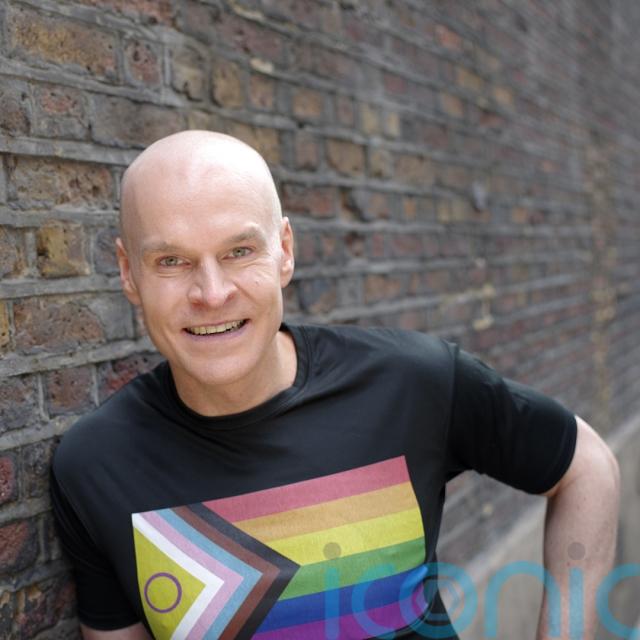
Bulimia is an eating disorder and mental health condition, where people binge-eat and then purge the food from their body to try to stop themselves gaining weight.
Eating disorders can affect anyone but do not always have visible physical symptoms.
For Philip, his goal was not weight loss but he would “starve himself” to reduce his body fat to see extreme muscle definition, as he wanted to have “nothing there apart from skin”.
On a typical day in 2010, Philip would wake up early and have fruit for breakfast, alongside egg whites which he would drink raw from a glass.
For lunch, he would have chicken breasts with sliced onions and salad, and he would go to the gym twice during the day.
In the evenings, after going to the shop to buy “treats” such as chocolate and ice cream, Philip would then binge-eat these foods and “vomit them up” at home.
He would then have more egg whites and a protein bar, or some sliced chicken or prawns before he went to sleep – but he would not purge this from his body.
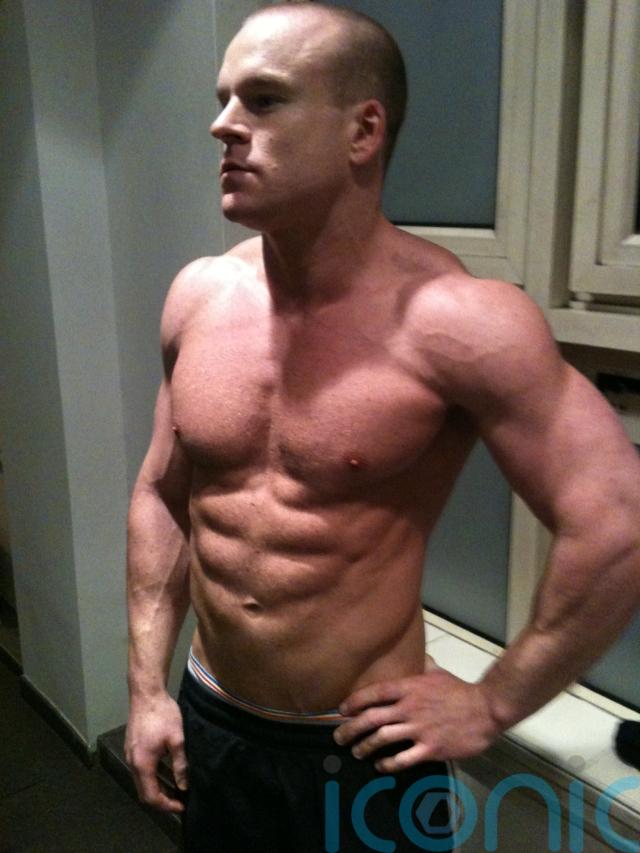
By August 2011, Philip said the eating disorder was at its worst but he could not stop.
“There were some days where I would just have fruit in the morning, and then have around 60 egg whites a day, and I used to diarise what I ate,” Philip said.
“Then in the evenings, I would buy tubs of ice cream and vomit them all up and, actually, after vomiting, in comparison to 2010, I then wouldn’t eat anything else.”
Philip said he used to watch himself being sick in his bathroom mirror and he felt the toilet bowl would be “gleaming” and almost “compelling” him to vomit.
At this point, in 2011, Philip realised he had “a problem” and he decided to talk to a friend from university, a doctor, who was extremely supportive.
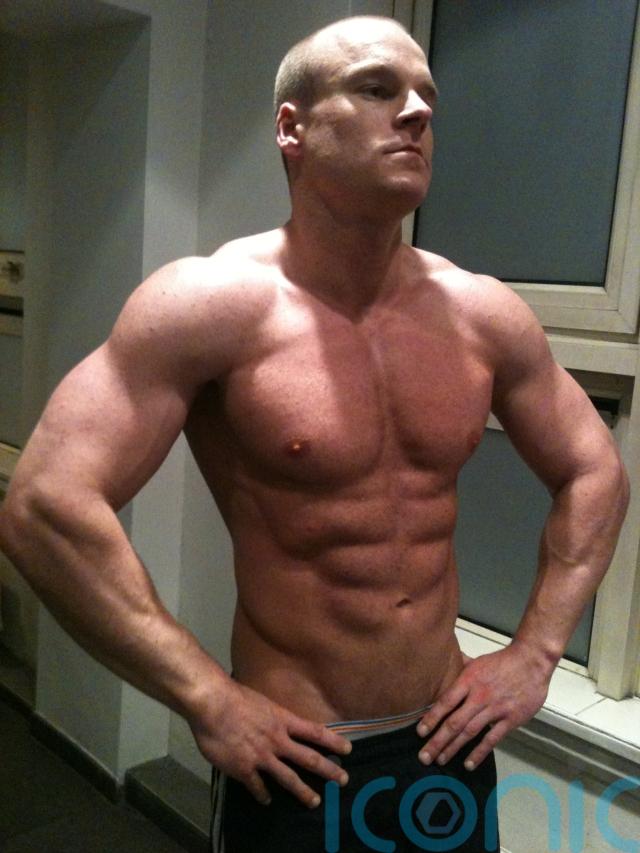
She told him that he had an eating disorder and body dysmorphia, but Philip said he was “in denial” and did not accept this.
“I’m ashamed to say this, but I almost treated it as a joke,” Philip continued.
“The reality is that I was aware that it was beginning to feel very, very out of control, and what was awful about the vomiting is that the more I vomited up, the hungrier I became.
“I would have these vomiting sessions, and I might go to the local supermarket several times to buy more food to vomit.
“It really leaves a toll on the body physically and mentally.”
Philip said it reached a point where he was “just vomiting and vomiting and vomiting” and training up to 12 times a week at the gym – and although he was muscular and would receive compliments about his physique from others, he would fixate on his body fat in the mirror.
“At first glance, you might think, ‘Oh, I almost look healthy’, but it’s actually quite creepy because there’s so little body fat there that you can see the veins,” he explained.
“People talk about wanting to have a six pack, but I was really obsessed about having an eight pack.”
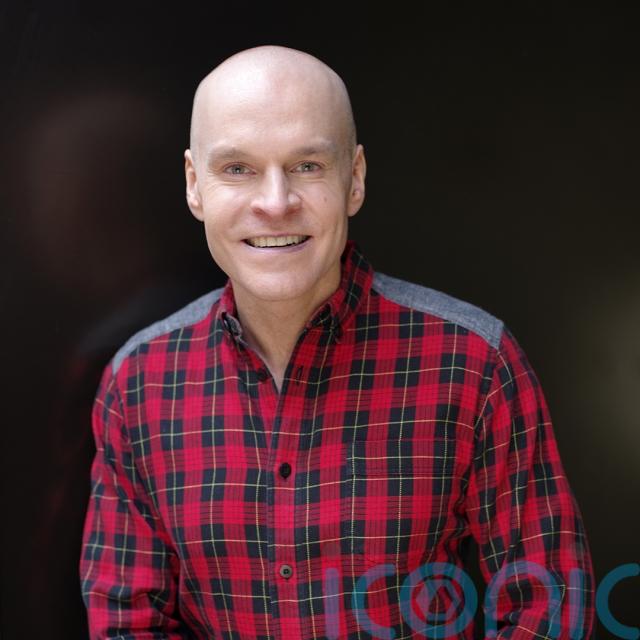
Philip said his friend would call him almost daily to check in on him, as she became very concerned, and she suggested he contact Beat – the UK’s eating disorder charity.
Beat believes approximately 1.25 million people in the UK have an eating disorder, with around 25% of those affected by an eating disorder being male.
Philip said the charity was “hugely helpful” and he spoke to them anonymously once a month until May 2012, and since then he has overcome his eating disorder and made a full recovery.
He now has a “comfortable” relationship with food and exercise, and he hopes that, by sharing his story, he can help others gain perspective on “what is healthy and unhealthy”.
He feels that people with eating disorders, particularly men, do not always “fit stereotypes”, and it is important to increase education and awareness around diet and exercise.
“I was trying to exert control over my body because I felt my life was so out of control,” Philip said.
“I thought I was living my best gay life, and yet, everything in my life was utterly chaotic.
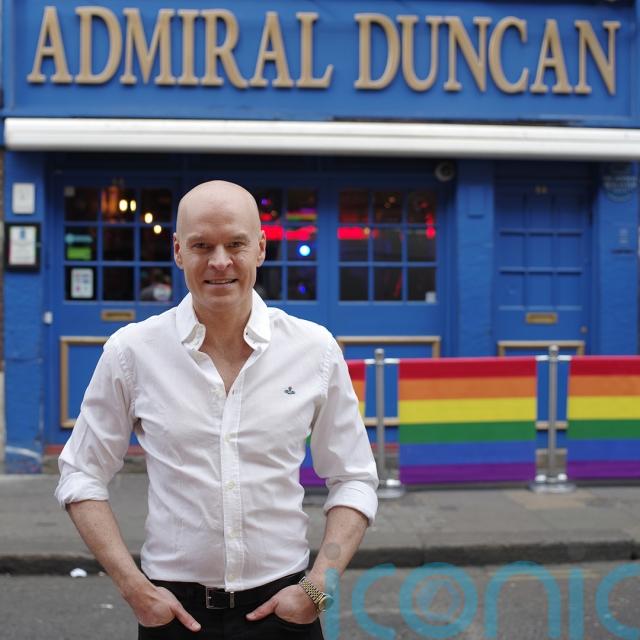
“I recall several occasions where I had perhaps been out to a bar, and I would just come home and lie on my bathroom floor and cry.
“I felt so unlovable regarding my HIV and hepatitis C, and yet I knew that, basically, I was starving myself.
“When I reflect back, I find it shocking, but I just feel so fortunate that I was able to stop it.”
If you’re worried about your own or someone else’s health, you can contact Beat 365 days a year on 0808 801 0677 or at beateatingdisorders.org.uk
Subscribe or register today to discover more from DonegalLive.ie
Buy the e-paper of the Donegal Democrat, Donegal People's Press, Donegal Post and Inish Times here for instant access to Donegal's premier news titles.
Keep up with the latest news from Donegal with our daily newsletter featuring the most important stories of the day delivered to your inbox every evening at 5pm.